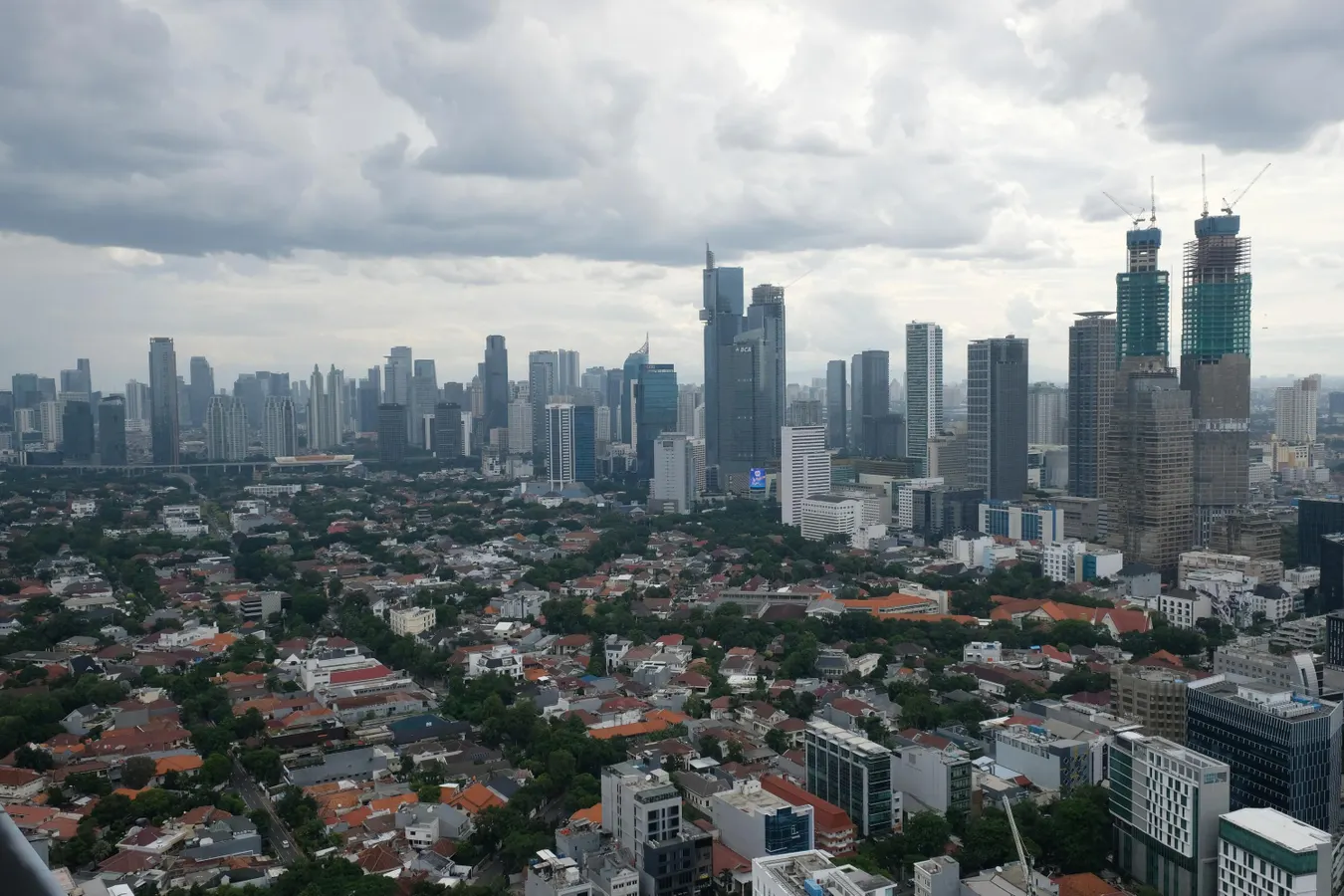By Contributor,Kaveh Kazemi,Nish Acharya
Copyright forbes

Indonesia is an under-studied nation for most Americans. Despite being the world’s fourth most populous nation and 10th largest economy, US-Indonesia bilateral trade was only about $42 billion in 2024 – with most of that tied up in natural resources such as oil and timber. Comparatively, the United States does about $150 billion in trade with India and will reach $1 trillion with China and Mexico within the next few years, depending on how US tariff’s play out.
But with over 300 million residents, a diversity unrivaled my nearly any country, with 120 islands, several religions and languages, Indonesia has a creative energy that is slowly beginning to show itself in the innovation and startup space. It is a base of research for innovators in several areas, including the blue economy, agriculture, palm oil alternatives, and local content. In the blue economy, which includes ocean preservation and maintenance, sea level rise, fishing stocks and other topics, innovators have often used remote parts of Indonesia as research hubs. And Indonesia was at the forefront of the creation of the ecotourism sector, which was both an innovation in how we travel and vacation, and how we measure it.
JAKARTA, INDONESIA – DECEMBER 10, 2022: General view of city’s skyline seen from Park Hyatt Hotel on December 10, 2022 in Jakarta, Indonesia. (Photo by Kaveh Kazemi/Getty Images)
Getty Images
But Indonesia has not built a tech startup ecosystem commensurate with its size. According to some accounts, there are less than 1000 tech startups in Indonesia in 2024. By contrast, there have been 250 health AI startups funded in Bangalore, India alone in 2024. There have been some unicorns in Indonesia, including Gojek, J&T Express, Xendit, and Traveloka, but they succeeded more by focusing the large Indonesian and Southeast Asian markets, rather than building unique technology.
Why is this relevant today? Because Indonesia has already signed a free trade agreement with the United States, and tariffs have only been set to 19% with Indonesia, compared to 50% with India and other startup hubs. Indonesia has made progress to make it easier to raise capital and startup businesses, but it has under invested in accelerators, technology transfer programs, intellectual property systems and investment regulations. The country, which is considered an upper-middle income nation, has the resources to support an early-stage startup ecosystem. It also has access to large nearby markets in Southeast Asia, Philippines, Australia and of course, China.
“The Indonesian economy is also growing and stabilizing in a way that will benefit local innovators and entrepreneurs. The Government has passed optimistic economic policies through early 2026 that have boosted foreign direct investment without an increase in tax rates. The economy grew by over 5% in Q2 2025 and could reach the government targets of 6-8% growth in 2026. The venture capital market is nascent, but more investors are willing to provide later-stage funding with opportunities concentrated in fintech, logistics, agritech, clean energy, health tech, and edtech. However, there are challenges that have remained unaddressed, including unequal access to capital outside major cities, regulatory uncertainty in tech and fintech, and a skill’s gap in deep tech.”
MORE FOR YOU
This, according to Dr. Monica Romelina Sijabat, who is a professor at the Faculty of Economics and Business, University of Indonesia, Jakarta, an attorney, and the founder of MRS Business Professional, a global firm with offices in United States, Europe and prominence in Southeast Asia. With over a decade of experience in taxation, international law, business consulting, and research, she is recognized as a leading authority in her field.
Dr. Sijabat continues, “a 19% U.S. tariff on Indonesian exports would raise export prices, eroding competitiveness and reducing demand for Indonesian-made electronics, components, and tech-enabled goods. Indonesia firms relying on U.S. sales would see margins compressed, slowing revenue and investment in emerging-tech manufacturing. In the short term, this could impact suppliers and domestic firms pivoting towards Indonesia and other ASEAN nations, which will hopefully spur upstream supplier development. The government will also need to respond to mitigate job losses with subsidies, export diversification and new incentives for R&D and skills development for emerging tech.”
Dr. sijabat, President of MRS Professional and expert on Indonesian economy
Dr. Monica Romelina Sijabat
With the right investments in research and development, startup accelerator programs, and early-stage financing, startups in Indonesia can thrive in sectors like fintech and e-commerce, particularly when focused on Indonesia and surrounding economies. In addition, there continues to be large investments in sustainability, including the blue economy, agri-tech, sustainable agriculture and preservation of natural rainforests like Indonesia’s. With the US focused elsewhere, it is a great time to look at opportunities in Indonesia, if they can be found.
Editorial StandardsReprints & Permissions